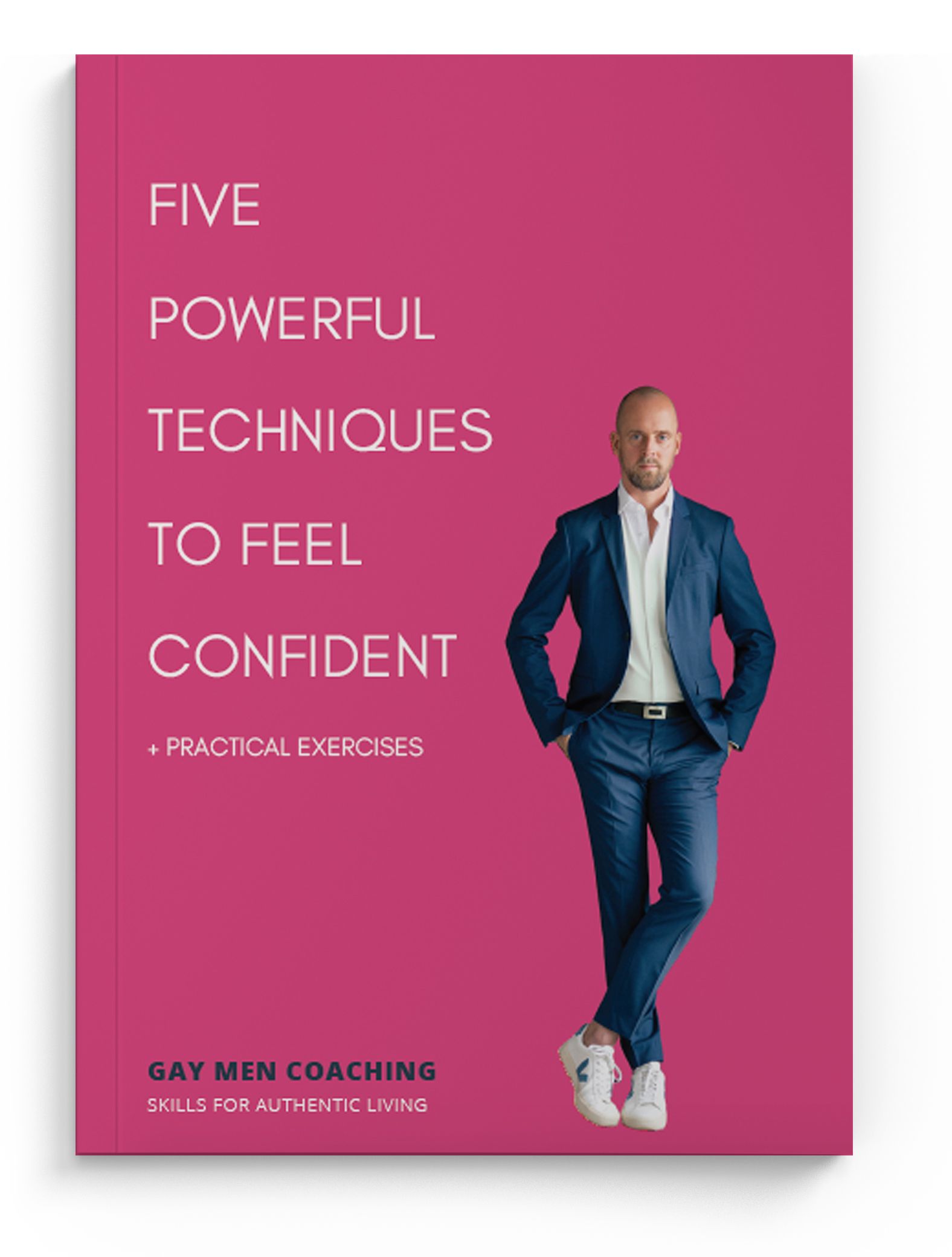10 tips for
better relationships

The quality of the relationship you have with yourself and others determines the quality of your life. In a good relationship you strengthen each other. But what if the irritation increases or you feel that the other person does not hear or see you?
With these ten tips you improve the relationship with others. Practical tips that you can apply today. Each tip comes with a reflection question that helps you grow in the relationship.
Tip 1: First invest in the relationship with yourself
Every relationship reflects the relationship with yourself. What do you do to maintain the relationship with yourself? Take yourself and your own needs seriously. By putting yourself first, you also indirectly work on the relationship with the other.
Self-examination: What would it gain from putting yourself first more often? And how can you do this concretely?
Tip 2: Map out your values
If you don't know what your values are, you probably live by the values of others. Your values are your compass for making satisfying choices. Think of values such as honesty, ambition, authenticity, sexuality or personal growth. They determine what is really important to you and to whom and what you want to spend your time and energy on.
Self-examination: Which value do you want to pay more attention to in the near future? And how would this affect relationships with others?
Tip 3: Being seen and heard starts with you
Being seen and heard starts with making yourself seen and heard. When situations are tense, you tend to withdraw. When you can't gauge how the other person will react, you may be waiting for the other person to make the first move. And if it doesn't, then you're disappointed. But by adopting a wait-and-see attitude, you ignore your own responsibility. So be brave, make the first move and speak up.
Self-examination: In which situations do you feel unseen or heard? What would the effect be if you spoke up more often?
Tip 4: Learn to play with distance and proximity
A lot of hassle in relationships arises because one of you is guided too much by your feelings and emotions. You become so absorbed in the situation that you no longer see clearly what it is all about. Zooming out helps you to look objectively and see new possibilities.
Self-examination: Think back to a recent situation in which you were touched. A situation where you may have been angry or disappointed. If you zoom out, what value was important to you? And what might have been important to the other person?
Tip 5: Investigate your triggers
The other person's behavior sometimes triggers our unconscious feelings and emotions. You get irritated or react more fiercely than you actually want. Swiss psychiatrist Carl Jung once said, "Until you make the unconscious conscious, it will rule your life." Your triggers often say something about your shadow sides. Your shadow is that part of your personality that was not welcomed or that you prefer not to show to others. For example anger, sadness or maybe even your soft, feminine side.
Self-examination: What other person's behavior triggers you? Ask yourself, "What does the other person's behavior say about me? And what is there to learn here?
Intimacy is meeting each other on the border. There where it really gets exciting. That requires surrender.
Tip 6: Don't wait too long to express yourself
In every relationship, there are times when hassles arise. Small irritations pile up when you don't speak up. And before you know it you have a full savings card and the bomb bursts. Emotions are more manageable if you indicate in time what you do not like. Check how it is for the other person and then suggest how you would like to see it differently.
Self-examination: Which preconditions make it easier for you to speak up? Do you need something of your own? For example, having guts or allowing yourself to stand up for yourself. Or can the other help you, for example by listening to you and not interrupting you.
Tip 7: Recognize the love language of you and your partner
Everyone wants to be heard and seen. However, how this works is different for everyone. If you and your partner use a different language to show your love, you often don't understand each other. The American therapist Gary Chapman is the founder of the five love languages:
1. Positive Words (Compliments, Acknowledgment, Uplifting Words)
2. Time and attention (being together, doing fun things, genuine interest)
3. Gifts (a nice gesture to show your appreciation)
4. Service (giving a helping hand and being there for the other)
5. Physical touch (a hug, kiss or hug)
Self-examination: Which love language do you prefer? To what extent do you indicate this to others? You can read more about love languages in this article.
Tip 8: Ask questions instead of making assumptions
Communication is essential in any relationship. But not everything is what it seems. Often our communication is based on assumptions and judgments. Someone does not respond, so you fill in that he is not interested. Or you laugh, when you actually feel hurt. At these moments it takes genuine interest, courage and vulnerability to start a real conversation with each other and meet beyond any judgments.
Self-examination: In what situations do you tend to make assumptions? What would it bring to ask more questions?
Tip 9: Practice open and honest communication
A relationship is alive and not static. Things can happen that make it hard for you to get along. Sometimes you miss something or you or the other person need more space. Are you both prepared to start the conversation, even if it gets difficult? Open and honest communication is the basis for growing together. Growing apart is a process, so is finding each other again.
Self-examination: What is your first inclination when things get complicated? Do you withdraw into yourself? Do you make yourself small and adapt? Will you become combative and go on the offensive? Or are you able to meet the other from an open and vulnerable attitude?
Tip 10: Keep making an effort (or don't)
A relationship arises in the middle. This requires a permanent investment from both sides. If you notice that a relationship is not going the way you want, get to work on it. By discussing it or seeking help. Or accept that it doesn't work and take a new path.
Self-examination: Think back to a past relationship that was meaningful to you. What have you learned from this relationship? What positive qualities have you developed that help you form and maintain better relationships? And what else would you like to learn here?
Did you find these tips helpful?
Then please share them with others.
Start increasing your
self-confidence today
Everyone has self-confidence, including you. Maybe just not in every context. Fortunately, you can learn to feel more confident. In this magazine you will discover five powerful techniques that help you to grow your confidence.
The magazine is on its way!
Didn't receive anything?
Check your spam filter.
Didn't receive anything?
Check your spam filter.
Every month you will receive an e-mail with tips & inspiration. You can easily unsubscribe at the bottom of every newsletter.

Get in touch
-
Geestbrugkade 32, 2281 CX Rijswijk, Netherlands
-
contact@reneluisman.nl
-
Chamber of Commerce number: 59693908
-
IBAN: NL49 KNAB 0259 9752 22
Join Our Newsletter
Get monthly updates on news, articles, tips and more.
Thank you!
Gay Men Coaching © 2014 - 2025

